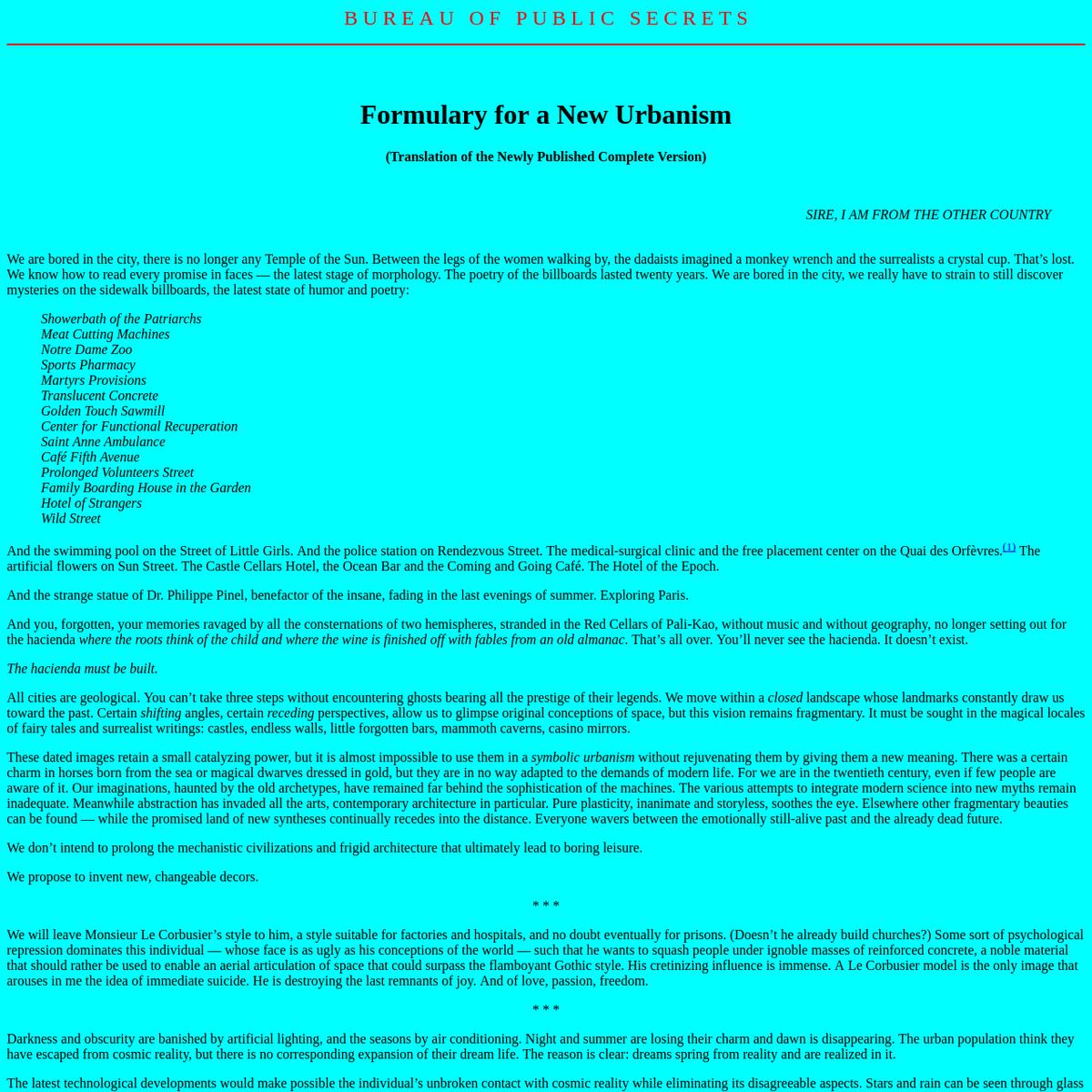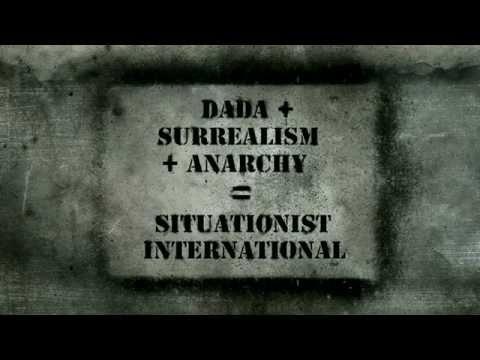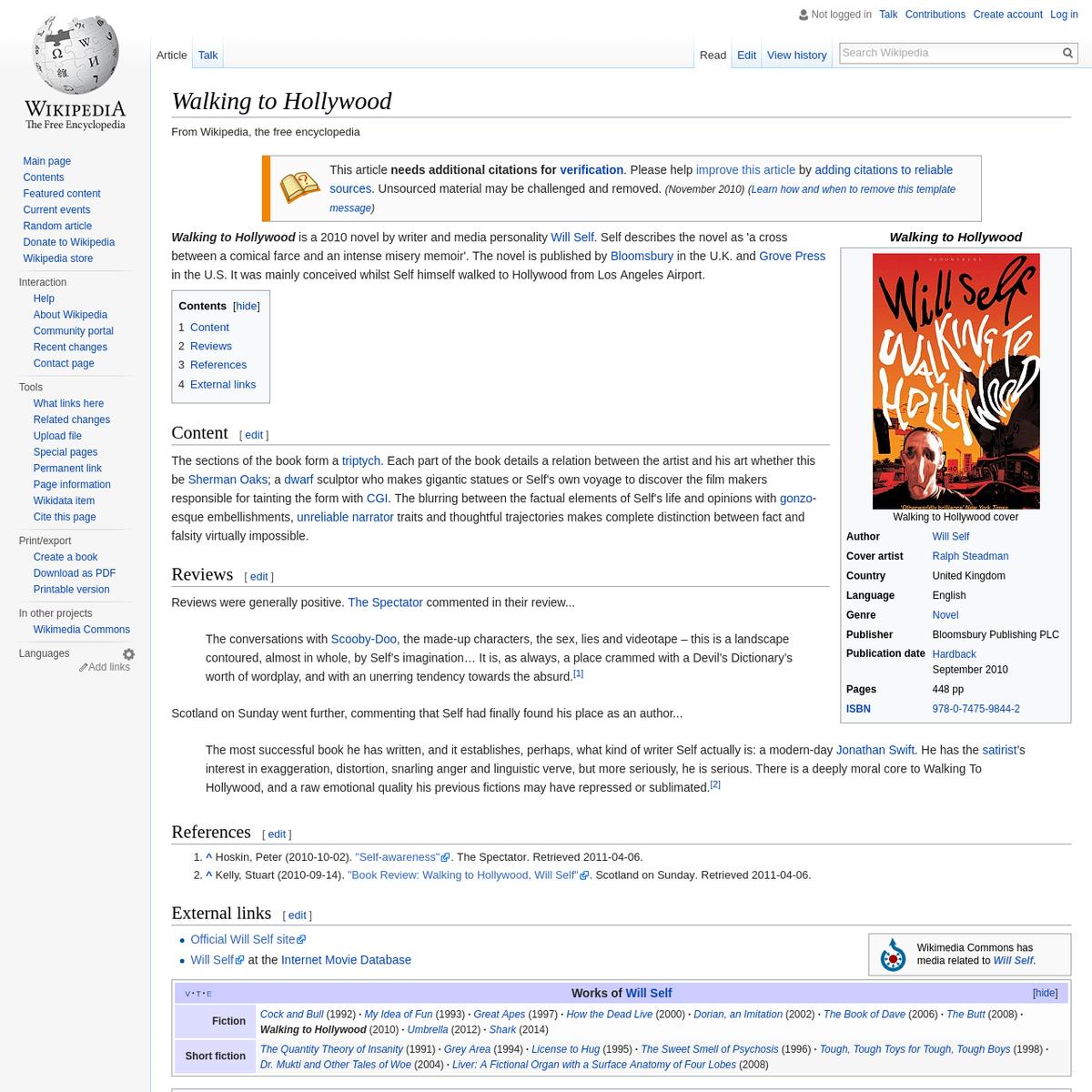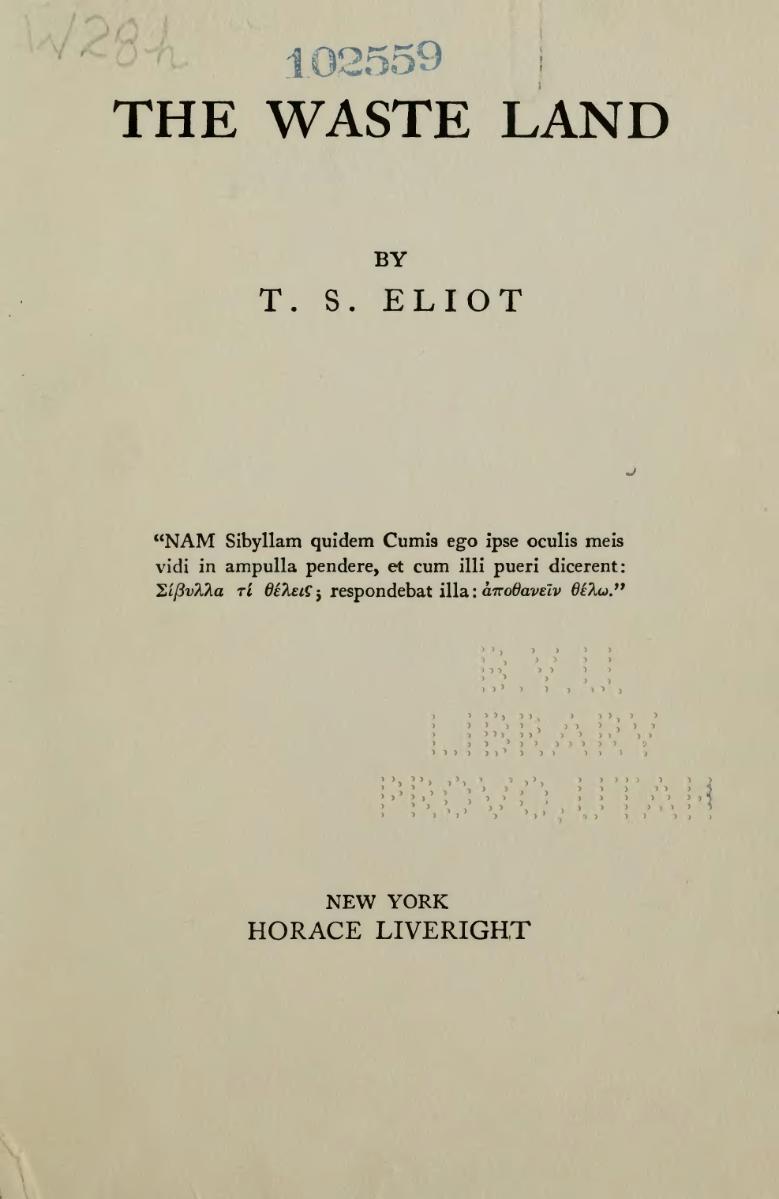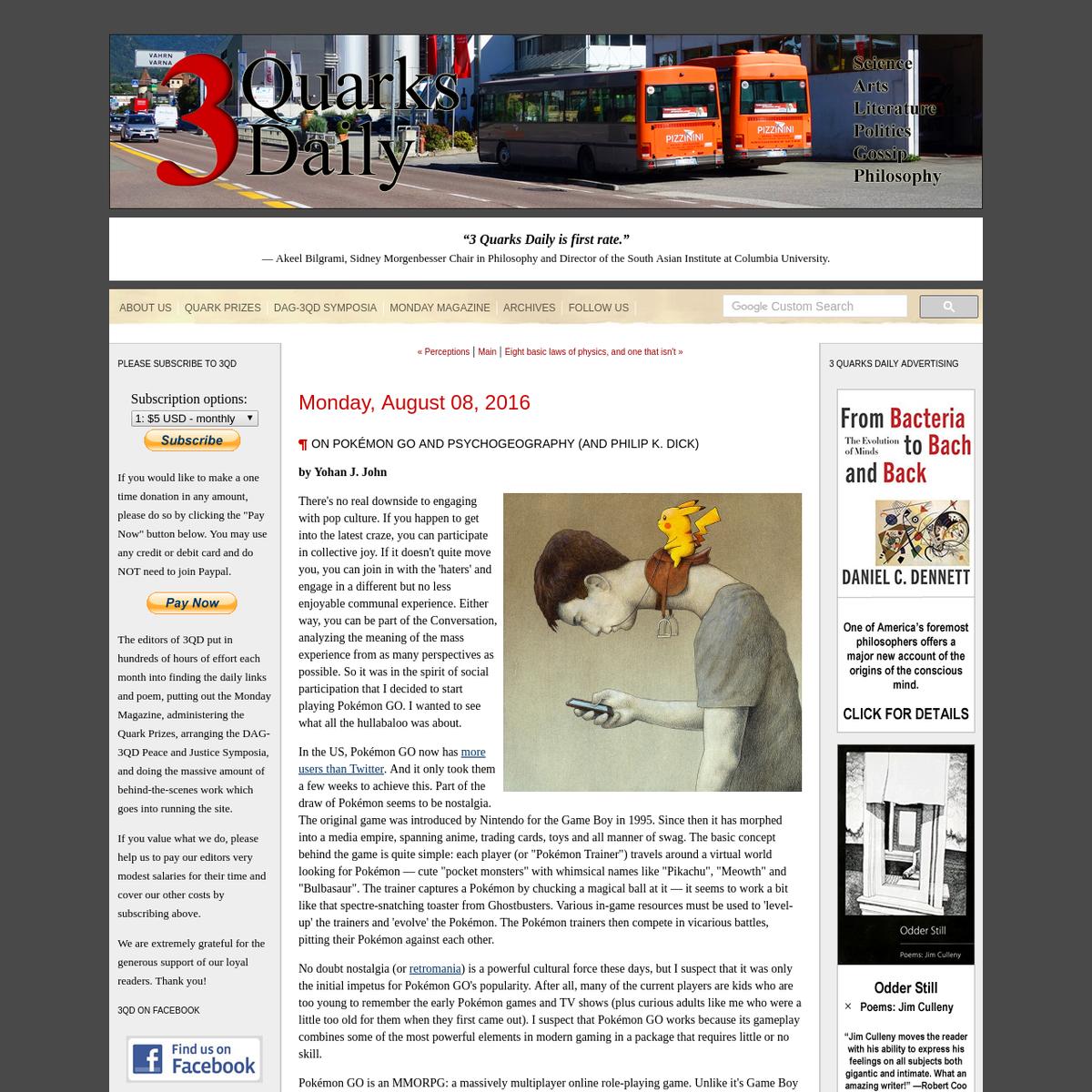syn·site
in pseudoscientific terms: A dynamic phenomenon which manifests in the compounding reconfiguration of fragments from selves, sites, and associations. It activates at the intersection of disparate elements, forming a crystallized, collaborative consciousness akin to a superposition state in quantum mechanics, where the specific and the abstract, the internal and external, the actual and the virtual, the organic and the synthetic exist simultaneously.
in pseudoscientific terms: A dynamic phenomenon which manifests in the compounding reconfiguration of fragments from selves, sites, and associations. It activates at the intersection of disparate elements, forming a crystallized, collaborative consciousness akin to a superposition state in quantum mechanics, where the specific and the abstract, the internal and external, the actual and the virtual, the organic and the synthetic exist simultaneously.
SYN (along with, at the same time | from Greek SYN, with | ~SYNTHETIC) + SITE (N: point of event, occupied space, internet address; V: to place in position | from Latin SITUS, location, idleness, forgetfulness | ~WEBSITE ¬cite ¬sight), cf. SITE/NON-SITE (from Robert Smithson, A PROVISIONAL THEORY OF NONSITES, 1968)
Buckminster Fuller: "think globally, act locally"
Hannah Sawtell: "act globally, think locally"
Buckminster Fuller: "think globally, act locally"
Hannah Sawtell: "act globally, think locally"
Buckminster Fuller: "think globally, act locally"
Hannah Sawtell: "act globally, think locally"
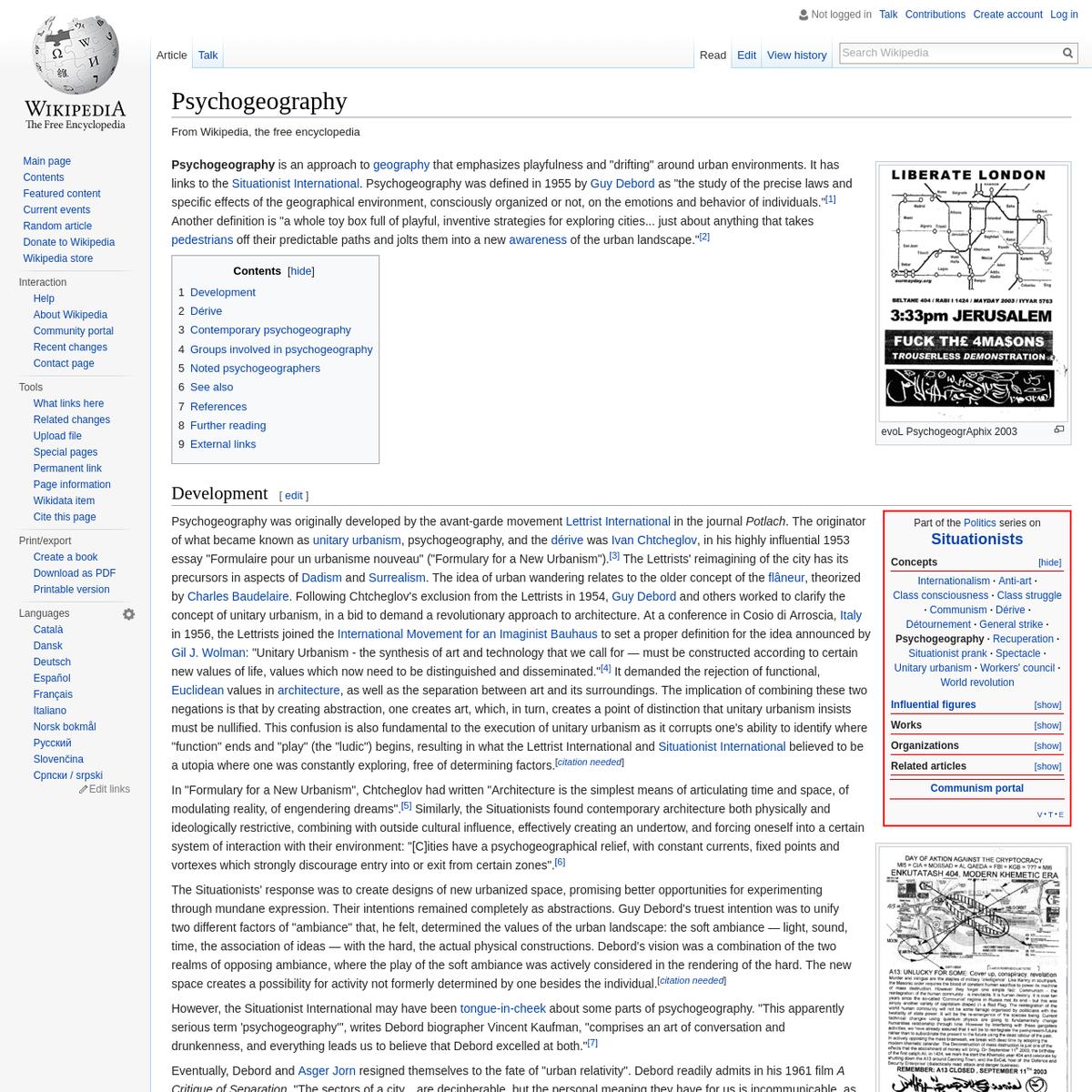


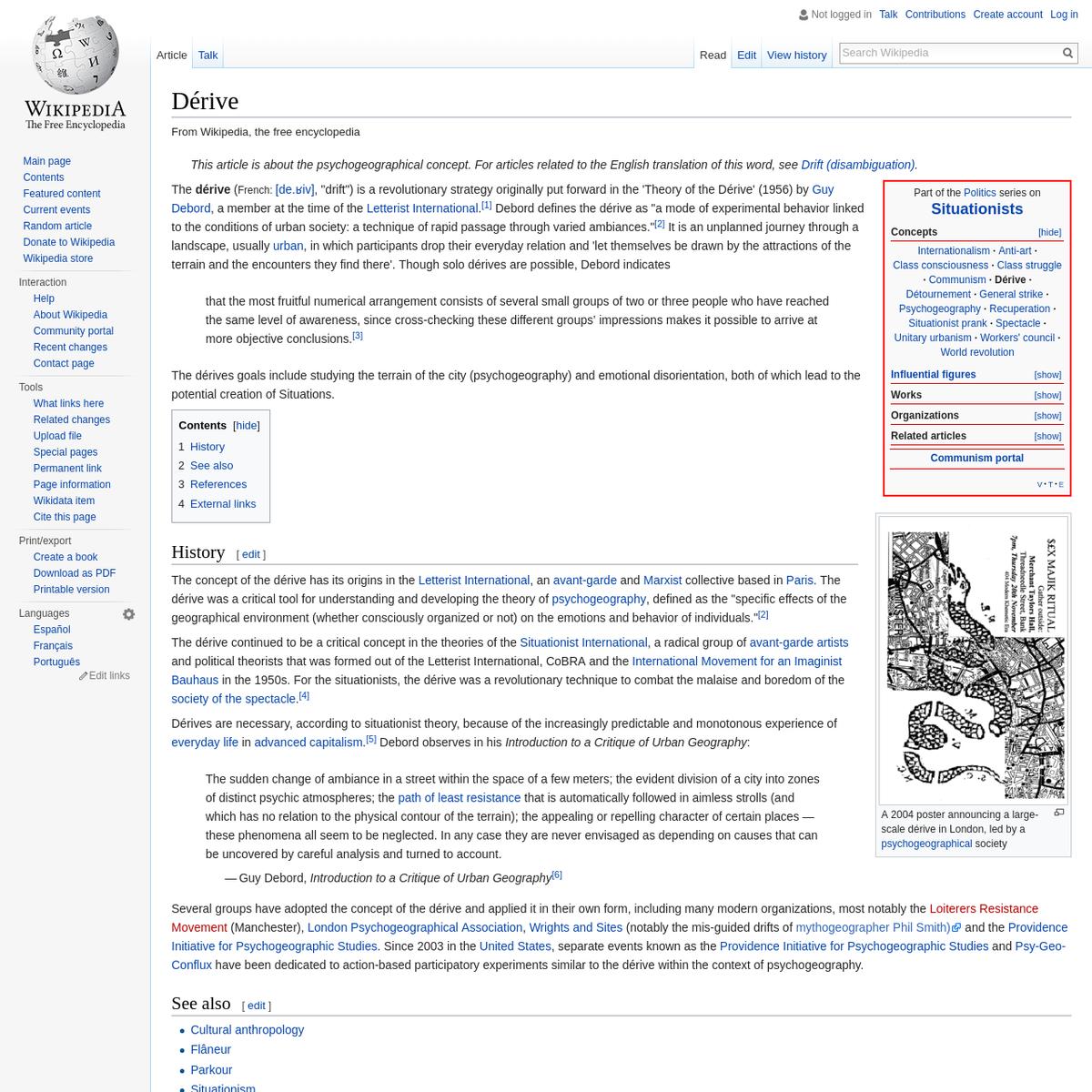





"I guess there is a lot of latitude in what you can say when writing about a topic that does not exist"
"I guess there is a lot of latitude in what you can say when writing about a topic that does not exist"
"I guess there is a lot of latitude in what you can say when writing about a topic that does not exist"
